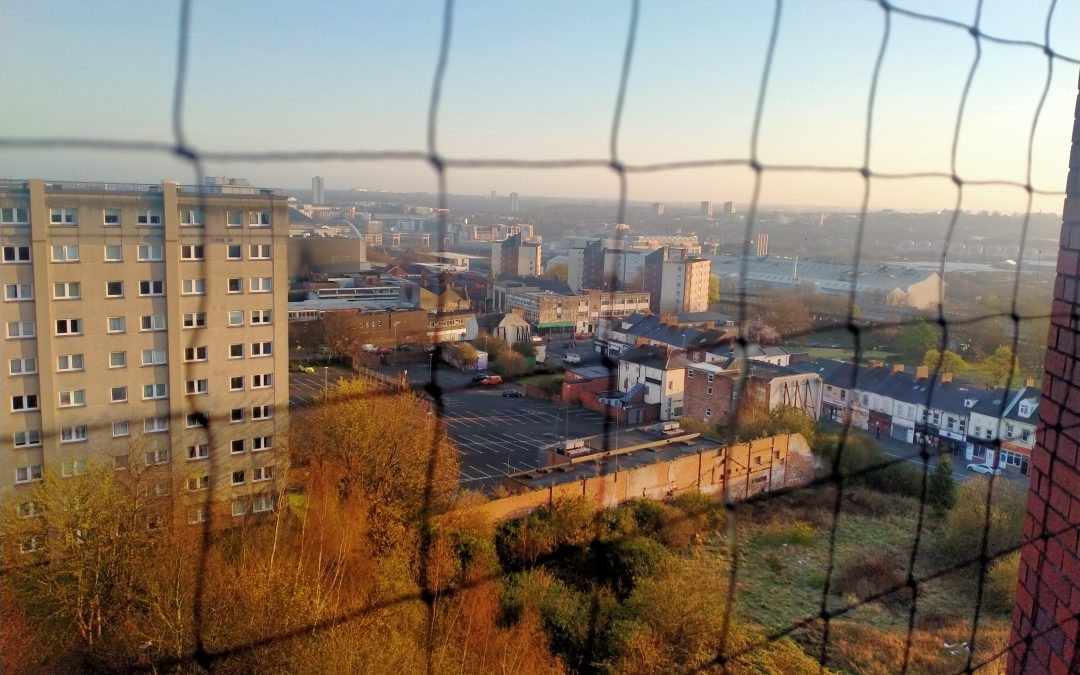Oasis Community Housing is taking a key role in delivering the region’s first Women’s Homeless Census, as part of a nationwide effort to shine a light on the hidden crisis of women experiencing homelessness.
From 22 – 28 September, charities and volunteers are coming together to map women’s rough sleeping in Newcastle, Gateshead and South Tyneside.
The North East Women’s Homeless Census was sparked thanks to the region’s Women’s Homelessness Alliance, who was set up earlier this year and has campaigned to ensure this vital insight into women’s homelessness is captured in the region.
The census will run early morning, midday and late at night to try and find as many women as possible. Research shows that general street counts often miss women, but targeted approaches like this can uncover up to four times as many women in need.
“Women experiencing homelessness are often hidden,” explains Alex Laing, Head of Crisis Services at Oasis Community Housing.
“Women don’t always bed down in visible places. Instead, in a bid to stay safe, many will spend the night on buses or the metro, in shopping centres, or moving between sofas, hostels and sometimes dangerous situations – putting themselves at risk, just so they have somewhere to stay.”
To make sure no one is missed, Oasis Community Housing is working with a wide range of partners including local domestic abuse services and other ‘in-reach’ services to reach women who may not otherwise engage.
Women will be given information packs and signposted to Oasis Community Housing and other specialist support. The findings will help better inform local councils, services and charities about the scale and nature of women’s homelessness, ensuring that future support is better targeted.
“Right now, we simply don’t know the true scale of women’s homelessness,” Alex continues. “The census is a vital step in changing that. We’re really pleased that local councils are involved, alongside other partners, and that, together, we can begin to build a clearer picture of women’s homelessness in our region.”
The census will be taking place in over 80 boroughs across the country, coordinated by Solis Aid, which has been running the initiative in London and the South for several years. It will highlight the transient and hidden nature of women’s homelessness – from sofa surfing, to rough sleeping, to experiences of domestic abuse or sex work – and the results will help shape life-changing services across our region.

